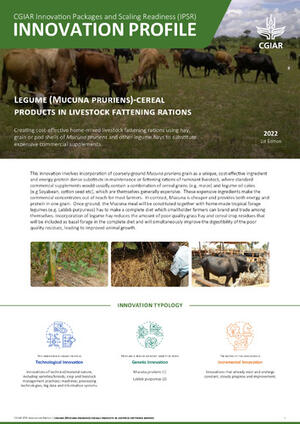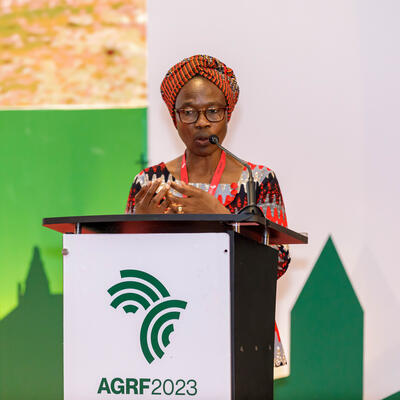
International Livestock Research Institute
- Themes

Smallholder farming represents over 80% of the world’s farms, mostly located in the Global South, and supplies 50% of global food. Characterized by low and variable yields and profitability, smallholder farming faces an array of challenges, including water scarcity, climate change, low resource use efficiencies and declining soil health. These result in negative impacts on food and nutrition security, equitable livelihoods and ecosystem health.
Smallholder farmers seasonally make critical agronomic decisions regarding crop choice, planting dates, and pest, disease, weed, soil fertility and water management, often based on suboptimal practices and information. Traditional agronomic research enhances our understanding of basic processes, but with limited connection to stakeholder demand and often based on outdated approaches. The development, deployment and uptake of interventions also remains hampered by social, economic and institutional constraints, further confounded by adherence to conventional supply-driven scaling strategies.
This Initiative aims to deliver agronomic gain for millions of smallholder farming households in prioritized farming systems, with emphasis on women and young farmers for measurable impact on food and nutrition security, income, water use, soil health and climate resilience.





